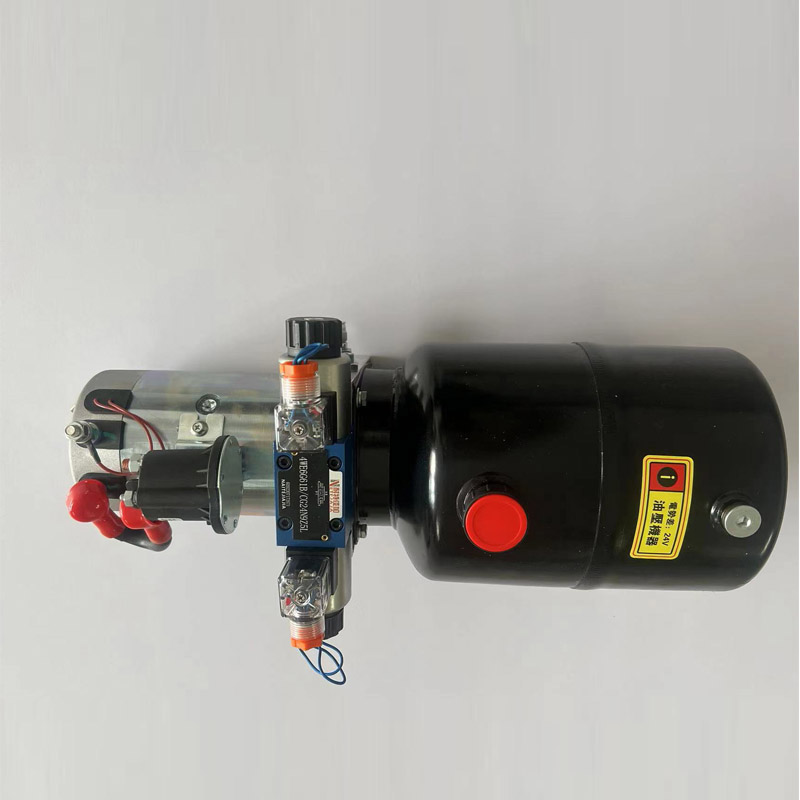Sep . 16, 2024 01:43 Back to list
custom force of a hydraulic cylinder
Understanding the Custom Force of a Hydraulic Cylinder
Hydraulic cylinders are essential components in various industrial applications, offering powerful force and precise control. They operate based on Pascal's principle, which states that when pressure is applied to a confined fluid, it transmits the pressure uniformly in all directions. This principle allows hydraulic cylinders to generate significant force tailored to specific requirements.
Custom forces in hydraulic cylinders are designed to meet particular operational demands. Engineers often need to customize these cylinders to accommodate unique size, force, and operational conditions. The customization process involves selecting the right materials, cylinder dimensions, and pressure ratings to achieve the desired performance.
One of the most critical factors in determining the custom force of a hydraulic cylinder is the area of the piston. The force exerted by a hydraulic cylinder can be calculated using the formula
\[ \text{Force} (F) = \text{Pressure} (P) \times \text{Area} (A) \]
custom force of a hydraulic cylinder

Where - F is the force in pounds or Newtons, - P is the hydraulic pressure in pounds per square inch (psi) or Pascals (Pa), - A is the effective area of the piston.
By designing a cylinder with a larger piston area, engineers can increase the force generated without needing to significantly raise the hydraulic pressure, which may lead to system inefficiencies or potential failures.
Material selection is another critical aspect of customizing hydraulic cylinders. The chosen material must withstand the operating pressures and environmental conditions they will encounter. Commonly used materials include high-strength steel and alloys that resist corrosion, ensuring durability and longevity.
Furthermore, applications may require cylinders with specific features, including double-acting mechanisms, varying stroke lengths, or unique mounting configurations. Each of these factors contributes to the overall efficiency and effectiveness of the hydraulic system.
In conclusion, the custom force of a hydraulic cylinder is a crucial consideration in the design and implementation of hydraulic systems. By understanding the principles behind force generation, material selection, and specific application needs, engineers can create tailored solutions that enhance productivity and reliability. Whether in construction machinery, manufacturing equipment, or automotive applications, customized hydraulic cylinders play a pivotal role in modern engineering solutions. As technology advances, the ability to create highly efficient and powerful hydraulic systems will continue to evolve, driving innovation across various industries.
-
Fork Lift Power Units - Hebei Shenghan | Efficiency, Reliability
NewsJul.13,2025
-
1.5-Ton Turbocharged Cylinder-Hebei Shenghan|Hydraulic Solution,Energy Efficiency
NewsJul.13,2025
-
Auto Hoist Power Units-Hebei Shenghan|Efficiency&Industrial Lifting
NewsJul.13,2025
-
Double Acting Power Units-Hebei Shenghan|Hydraulic Solutions,Industrial Efficiency
NewsJul.13,2025
-
1.5 Ton Lifting Cylinder 70/82-40-290-535 - High-Performance Hydraulic Solution | Hebei Shenghan
NewsJul.13,2025
-
Fork Lift Power Units - Hebei Shenghan | Efficiency&Reliability
NewsJul.13,2025
